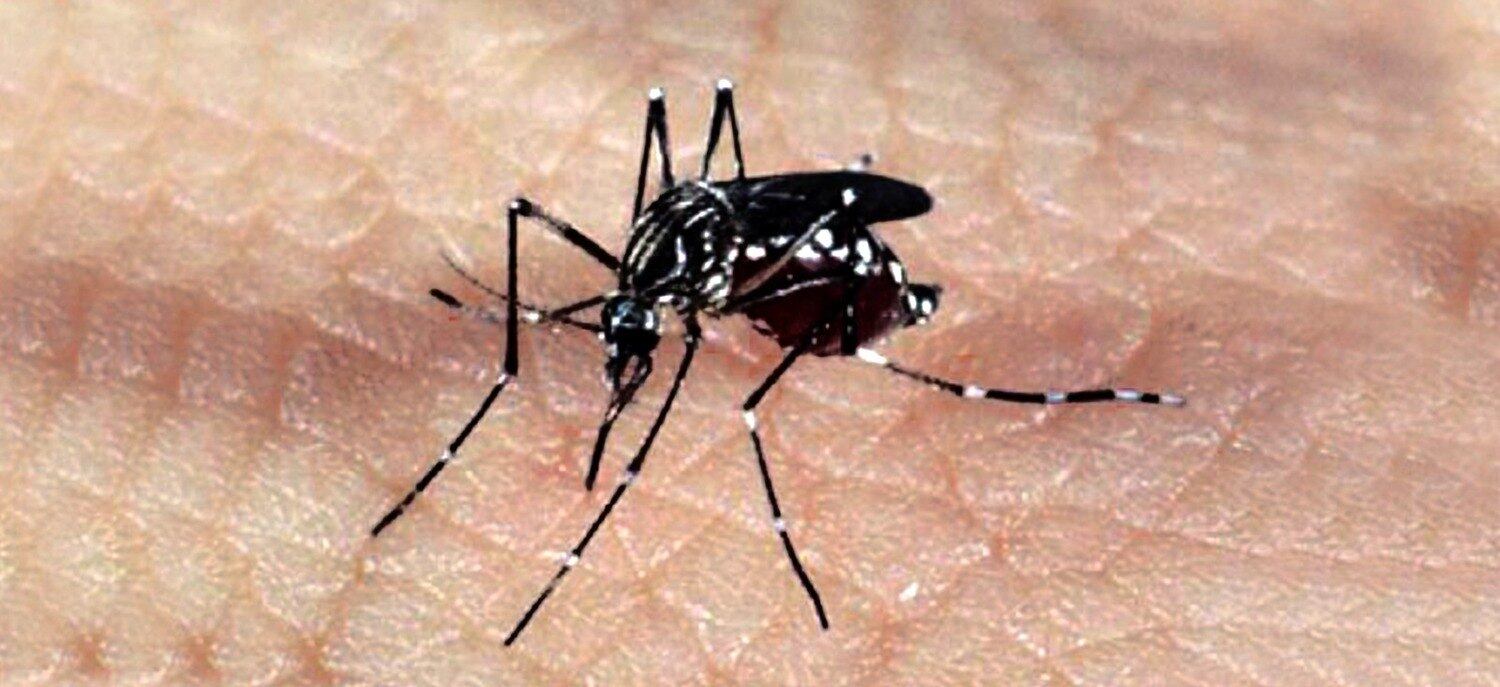Joinville, the most populous city in Santa Catarina, began releasing 3,500 Aedes aegypti mosquitoes with the bacteria that prevents the transmission of dengue, zika, chikungunya and yellow fever viruses on Tuesday (20). The forecast is that around 3.6 million insects will be released onto the city’s streets by the end of 2025.
The action aims to reduce the rates of disease transmission, especially dengue fever. Of the 329 deaths that occurred from the disease in the state in 2024, 81 were recorded in Joinville according to the state government.
Called Wolbitos, mosquitoes have the Wolbachia bacteria, present in 60% of insects in nature and which does not cause harm to humans. Wolbachia prevents viruses from developing inside the insects.
The implementation of the Wolbachia Method in Joinville is taking place in partnership with the city government, Fiocruz, the World Mosquito Program (WMP), the state government and the Ministry of Health. The city government emphasized that there is no genetic modification in the treatment of the animals.
The Wolbachia Method consists of releasing mosquitoes with only the Wolbachia bacteria so that they can reproduce with the local Aedes aegypti, gradually establishing a new population of mosquitoes. According to the municipality, the bacteria is inserted into the mosquito by the FioCruz laboratory.
Mosquitoes are produced by a biofactory in Joinville, in a structure prepared for the work. Aedes aegypti eggs come from Rio de Janeiro and are hatched in Joinville.
The program’s expectation is that over time the percentage of mosquitoes carrying Wolbachia will increase, until it remains stable without the need for new releases.
The work began at 7 am on Tuesday, with mosquitoes being released from a city vehicle through tubes. This morning, two disease control agents carried out the work with the help of an app indicating the points and release of the insects.



